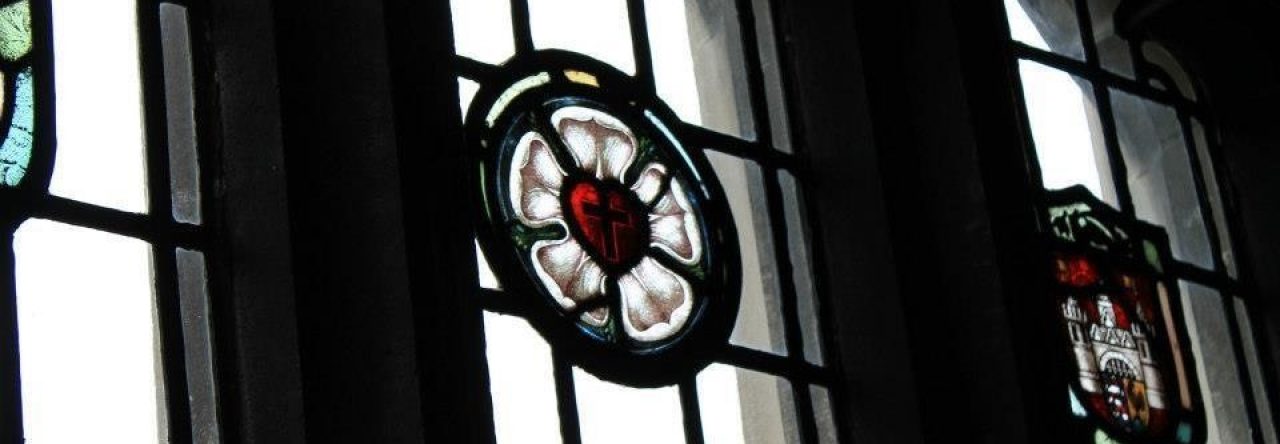In November of 1967, a few years and a month before his death on this day in 1973, Arthur Carl Piepkorn was doing what he did best—engaging the broader church. Piepkorn was a son of the Missouri Synod, and indeed was Missouri’s most sweetly orthodox teacher, but he did not believe the church was a ghetto. Perhaps his most famous saying encapsulates this: “We are catholic Christians first, Western catholics second, Lutherans third.” [Arthur Carl Piepkorn, “Suggested Principles for a Hermeneutics of the Lutheran Symbols,” Concordia Theological Monthly 29, no 1 (January 1958): 5.]
For me, the loss of Piepkorn was a tragedy and the church this side of the eschaton was the less for it. You can read more about Piepkorn here: https://www.theunbrokencord.com/writings/arthur-carl-piepkorn-missouris-most-sweetly-orthodox-teacher?rq=piepkorn
On this 50th anniversary of his death I want to commend a piece he wrote that I’ve found really helpful in terms of what it means to reach out to those who disagree with you.Titled, “Living with the Brothers in the Lord,” Piepkorn addressed an ecumenically focused gathering of clergy and lay Roman Catholics. The insights are several, I’ve extracted but four quotes. The full article is linked below.
“The point I want to especially stress is the great variety of religion in the United States, something that I do not always find my Roman Catholic friends appreciating, except in a kind of academic and theoretical fashion. Of course, when any of us look from an in-group position at those outside the group, we tend to homogenize others. We look at them terms of their differentness from us, and after we have labeled this difference, we overlook the specific differences among them.” (165)
“The scholastics held that one of the qualities of the resurrection body is interpenetrability, so that in a sense the beholders of the beatific vision will be able to interpenetrate one another. But that happy epoch has not yet dawned. We cannot crawl into one another’s skins. We can subscribe to one another’s literature, we can read one another’s magazines, we can study one another’s text books—and we can still comprehensively misunderstand one another.” (167)
“Our conversation with one another must, of course, not shrink from the discussion of the areas in which there is clearly or probably disagreement. Nothing is gained by sweeping theological dust under ecclesiastical rugs.” (170)
“We dare never forget that ecumenical effort is a spiritual undertaking, to be approached in a basically different way from the process by which the New York Central and the Pennsylvania railroads may see day be merged. Ultimately what is at stake is the salvation of human beings who God created and whom He loved to the point of sending His only Son into the world to live and to die and to rise again and to intercede for them at God’s right hand. What we can do is in the power of the Holy Spirit to be open to His guiding and HIs leading as possible, so that He will be able to use us as effective instruments in His work of calling, gathering, enlightening, and sanctifying all of Christendom on earth and keeping it with Jesus Christ in the one true faith. Since the operation is His, we cannot fail.” (174)
Arthur Carl Piepkron, “Living with the Brothers in the Lord,” Concordia Theological Monthly, 39, no. 3 (March 1968): 164–174. Available: https://scholar.csl.edu/cgi/viewcontent.cgi?article=4628&context=ctm
